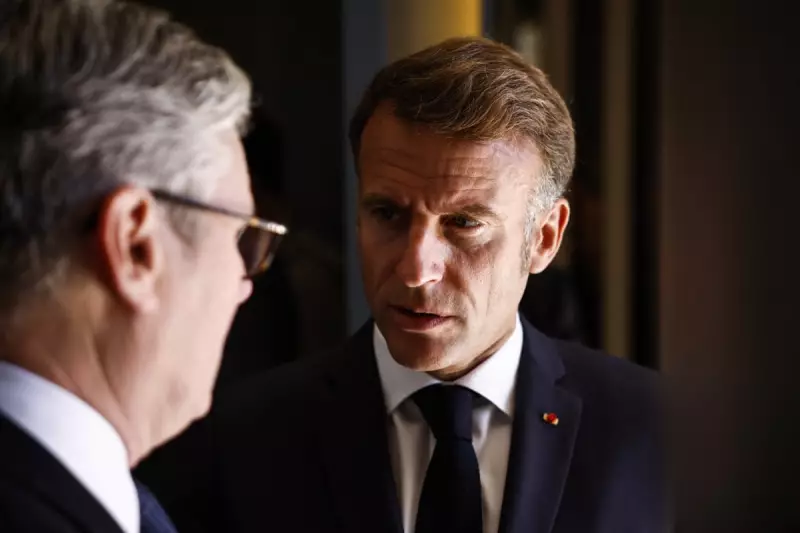
As French President Emmanuel Macron arrives on British soil amidst the most severe political crisis of his career, Westminster observers are watching with keen interest. The timing couldn't be more symbolic for Prime Minister Keir Starmer's relatively new government.
A Tale of Two Leaders in Turbulent Times
President Macron's visit to London comes at a moment of profound vulnerability. Back home, France grapples with escalating political instability that threatens to undermine his presidency and the nation's standing in Europe. Meanwhile, Prime Minister Starmer faces his own complex challenges in steering Britain through post-Brexit realities and domestic pressures.
Parallel Crises: Lessons for British Leadership
The French political earthquake offers several crucial warnings for the Starmer administration:
- Political fragmentation can emerge rapidly, even for leaders who initially enjoyed strong mandates
- Economic discontent remains a powerful force that can quickly destabilise governments
- International alliances require constant nurturing, particularly in post-Brexit Europe
- Leadership style must adapt to changing political landscapes and public sentiment
Diplomatic Dance: What Macron's Visit Means for UK-France Relations
This high-stakes meeting represents more than routine diplomacy. Both leaders find themselves at critical junctures in their political careers, though for different reasons. Macron seeks to project strength internationally while managing weakness domestically, while Starmer aims to establish Britain's renewed role in European affairs.
The symbolism is palpable – two centrist leaders navigating increasingly polarised political environments, each looking to the other for stability and partnership in uncertain times.
Westminster's Watching Brief
British political analysts are drawing clear connections between the French situation and potential challenges facing Starmer's government. The rapid erosion of political capital, the difficulty of maintaining centrist consensus, and the constant pressure from both left and right flanks – these are challenges that transcend national borders.
As Macron and Starmer meet behind closed doors, the discussions will undoubtedly touch on shared concerns: economic stability, security cooperation, and the future of European partnerships in an increasingly unpredictable global landscape.
The Road Ahead: Precarious Leadership in Modern Politics
What becomes clear from observing both leaders' situations is that modern political leadership has become increasingly precarious. The Macron-Starmer dynamic illustrates how quickly political fortunes can change and how international partnerships become lifelines during domestic turmoil.
For Starmer specifically, the French crisis serves as a sobering reminder that electoral victory alone doesn't guarantee smooth governance. The same pressures that have rocked French politics – public impatience with economic outcomes, migration concerns, and the challenge of implementing reform – await careful navigation in Britain.
As the two leaders emerge from their talks, the world will be watching not just what they say, but how they navigate their parallel challenges of leadership in an age of political uncertainty.





